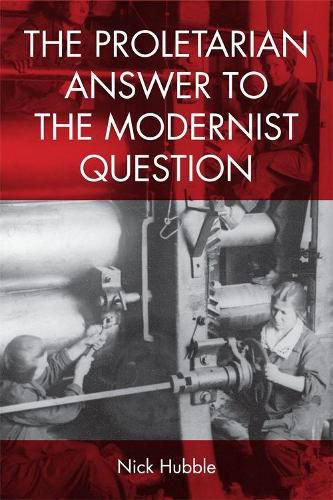Readings Newsletter
Become a Readings Member to make your shopping experience even easier.
Sign in or sign up for free!
You’re not far away from qualifying for FREE standard shipping within Australia
You’ve qualified for FREE standard shipping within Australia
The cart is loading…






This book argues that British proletarian literature was a politicised form of modernism which culturally transformed Britain. Critical analysis and close readings of key works such as D.H. Lawrence’s Lady Chatterley’s Lover, Naomi Mitchison’s We have Been Warned, Lewis Grassic Gibbon’s A Scots Quair and John Sommerfield’s May Day, are placed within a literary history stretching from early encounters between Ford Madox Ford and D.H. Lawrence, through Virginia Woolf’s association with the Women’s Co-operative Guild, and on to the activity of Mass Observation in the late 1930s and 1940s. The study analyses the way in which modernism and proletarian literature were related to an intersectional web of class and gender that took on a potent political shape following the 1926 General Strike and the Equal Franchise Act of 1928. The 1930s is revealed not as an atypical, isolated decade but as central to the literature of the twentieth century.
$9.00 standard shipping within Australia
FREE standard shipping within Australia for orders over $100.00
Express & International shipping calculated at checkout
This book argues that British proletarian literature was a politicised form of modernism which culturally transformed Britain. Critical analysis and close readings of key works such as D.H. Lawrence’s Lady Chatterley’s Lover, Naomi Mitchison’s We have Been Warned, Lewis Grassic Gibbon’s A Scots Quair and John Sommerfield’s May Day, are placed within a literary history stretching from early encounters between Ford Madox Ford and D.H. Lawrence, through Virginia Woolf’s association with the Women’s Co-operative Guild, and on to the activity of Mass Observation in the late 1930s and 1940s. The study analyses the way in which modernism and proletarian literature were related to an intersectional web of class and gender that took on a potent political shape following the 1926 General Strike and the Equal Franchise Act of 1928. The 1930s is revealed not as an atypical, isolated decade but as central to the literature of the twentieth century.